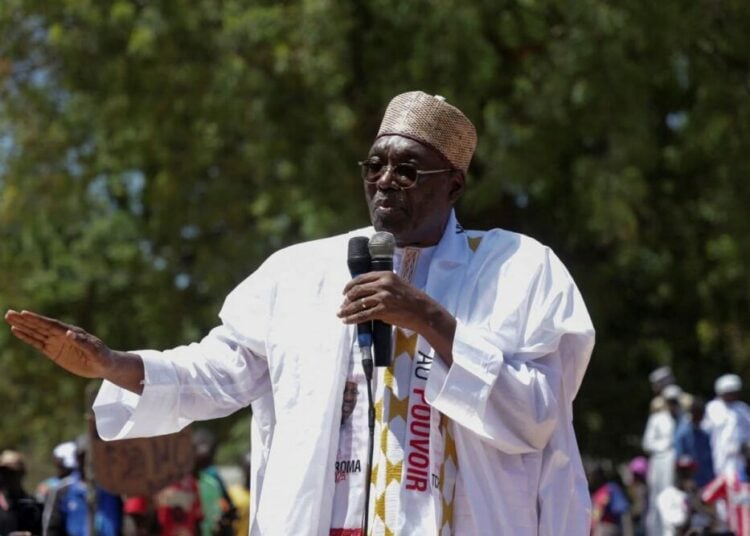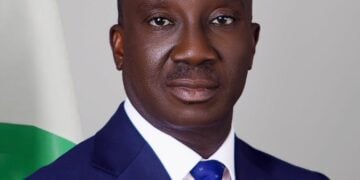Cameroon’s main opposition challenger, Issa Tchiroma Bakary, on Tuesday, declared victory in the country’s presidential election, claiming to have defeated long-serving President Paul Biya, who has ruled the Central African nation for 43 years.
In a post shared on his official Facebook page, Tchiroma announced, “Our victory is clear. It must be respected.” He urged the government to “accept the truth of the ballot box” or risk “plunging the country into turmoil,” while vowing to publish detailed regional results of the weekend vote.
“The people have chosen,” he added.
However, official results are not expected for another two weeks, as the Constitutional Council, the only body authorised to declare final results, warned that any premature proclamation of victory was a “red line that must not be crossed.”
The dramatic declaration has heightened tensions in the country, which has seen previous post-election disputes. In 2018, opposition candidate Maurice Kamto similarly claimed victory before official results were announced, an act that led to his arrest and the violent dispersal of his supporters’ rallies by security forces.
Biya, now 91 years old and the world’s oldest serving head of state, is seeking an eighth term in office. Despite widespread fatigue over his decades-long rule, the veteran leader still commands significant influence through his control of state institutions and the ruling Cameroon People’s Democratic Movement (CPDM).
Bakary, a former Minister of Employment and Vocational Training, resigned from Biya’s government in June 2025 to mount his challenge. His campaign has unexpectedly energised voters across major cities, positioning him as Biya’s strongest opponent after Maurice Kamto was barred from running by the Constitutional Council.
Images of handwritten tally sheets and blackboards displaying vote counts have flooded social media, with both Biya’s and Bakary’s camps claiming early leads further intensifying the political atmosphere.
Biya, who first assumed office in 1982, has won every election in the past two decades with more than 70 percent of the vote, amid recurring allegations of vote-rigging and authoritarian control.
Political analyst Stéphane Akoa told AFP before the polls that while Biya’s ruling system possesses “ample means at its disposal to get results in its favour,” this year’s campaign was “much livelier than usual” and therefore “more likely to throw up surprises.”
Sunday’s one-round election saw more than eight million registered voters cast their ballots, most of whom have never known another president.
Since independence from France in 1960, Cameroon has had only two heads of state, with Biya succeeding Ahmadou Ahidjo in 1982. His reign has been marked by political repression, economic inequality, and separatist unrest in the country’s English-speaking regions.
As the nation awaits the official results, tension remains high amid fears of potential unrest. Both international observers and local civil society groups have urged calm and transparency, warning against any attempts to manipulate the outcome.
For now, the political standoff between the 91-year-old incumbent and his former ally has left Cameroonians watching closely and anxiously to see whether the country’s electoral system will withstand one of its biggest tests in decades.





